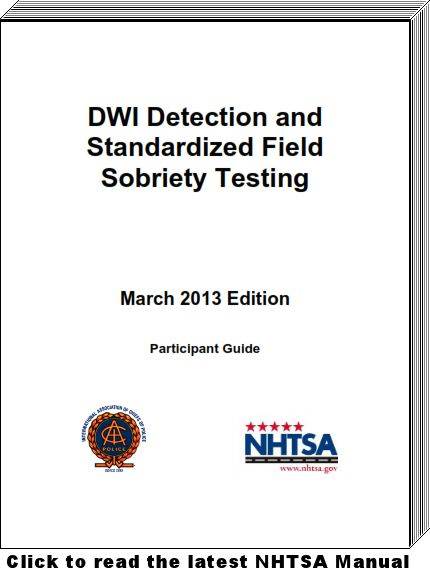 You can beat a Michigan drunk driving charge if you can established that a police officer lacked probable cause to make his or her arrest.
You can beat a Michigan drunk driving charge if you can established that a police officer lacked probable cause to make his or her arrest.
If you are able to establish at a motion hearing that a police officer lacked "probable cause" to make an arrest, any subsequent search is deemed inadmissible. What search takes place following an arrest? The breath, blood, or urine testing that establishes the basis for most Michigan drunk driving charges.
I have become one of Michigan's leading drunk driving defense attorneys by repeatedly challenging a police officer's arrest decision. Weaknesses in the case can be exposed through motions and evidentiary hearings, and I have become so good at these motion hearings that I can frequently cross examination an officer with referencing the officer's training materials because I have it all memorized.
Deficient investigation procedures lead to invalid arrests decisions that can be challenged in court and may result of suppression of certain key evidence or dismissal of the case. The details of the officer's investigation are extremely important, and these details are found in the various reports and may be recorded on patrol car videos that must be obtained by the defense attorney.
Police officers across the country are trained in the National Highway Traffic Safety Administration's "standardized field sobriety tests." These tests consist of the horizontal gaze nystagmus test (an eye evaluation, where an officer looks for an involuntary jerking in the eyes) also known as HGN, the walk-and-turn (a very specific way of administering a nine heel-to-toe walk, a specific manner of turning and nine heel-to-toe paces back), and the one-leg stand (standing on one leg for approximately 30 seconds while counting aloud). These three tests have been subjected to various studies, and they are endorsed by the International Association of Chiefs of Police. Although the tests are subject to serious questions and criticisms, these tests are currently the "best" tests that a police officer can use to determine whether a person should be placed under arrest for drunk driving. But this training has just recently become more widespread in Michigan, and police officers are generally not well versed in these tests. Michigan courts have permitted unvalidated "tests" that were wholly invented by police officers or police academies to be used in the field. The hodgepodge of self-styled exercises lacks statistical validity, but those exercises may be subject to challenge. Even those officers who are properly trained typically do not follow the NHTSA standards or testing protocols, and they hurry through the administration of the standardized tests. As a result, Michigan police officers frequently decide a driver's fate in only a few minutes. The officer's administration of field sobriety tests and a motorist's ability to perform those tasks are critical aspects of the case that must be properly analyzed.
Qualified as an expert witness in SFSTs
Over a decade ago, I was one of the first Michigan lawyers to become certified in these NHTSA standardized field sobriety tests. I went to Chicago, where I studied these tests in a formal classroom and participated in live exercises using alcohol-dosed subjects. Since 2005, I have taken hour upon hour of additional course work in this field, and I have been qualified by numerous courts across Michigan as an expert witness, qualified to testify before a jury regarding a police officer's performance of the field sobriety tests. To the best of my knowledge, I am the only Michigan attorney who has ever testified as an expert witness in the SFST battery, and this is based upon my extensive knowledge, training, and education in these areas. At this time, I have trained nearly a hundred young lawyers on these tests, and I have been invited to speak at a number of seminars regarding the accuracy and precision of field sobriety tests. The Prosecuting Attorney Association of Michigan (PAAM) invited me to speak at their drunk driving / drugged driving seminar in 2015. (PAAM changed its mind after I prepared materials that revealed embarrassing failures on behalf of some of their most highly trained officers known as Drug Recognition Experts.)
Continue reading with Inaccurate Preliminary Breath Tests Lead to Improper Arrests